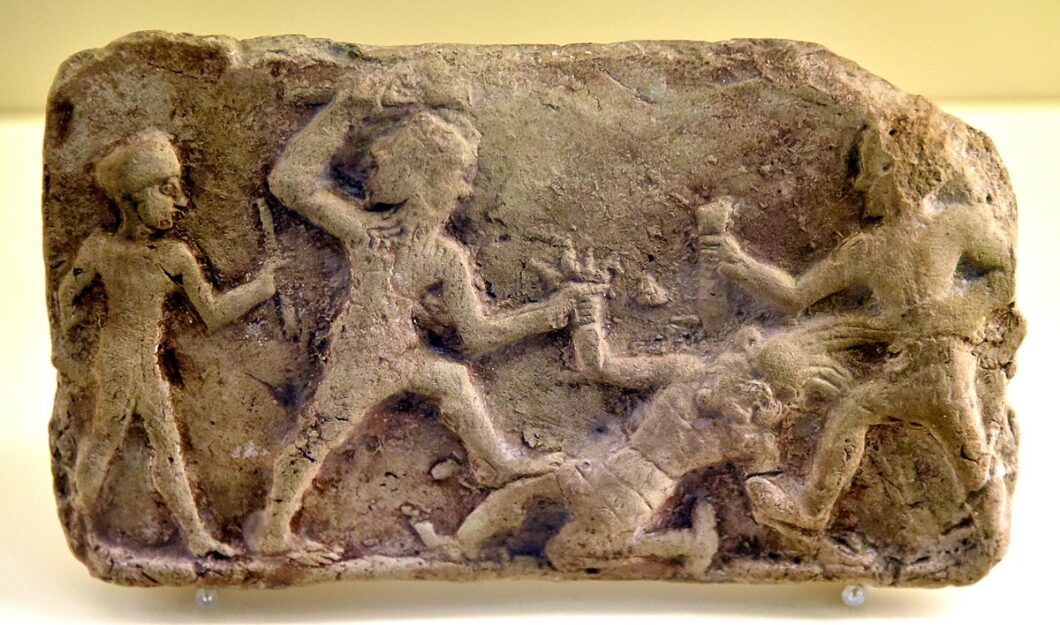Hobbes and Locke offer echoes of standard liberal approaches to civility, but Roger Williams may offer a better sort of civility.
Unbundling People
I explore in my book, The Soul of Civility: Timeless Principles to Heal Society and Ourselves, that too often today, we reduce people to one aspect of who they are. We define them by their worst trait or mistake—something they said or did, which they probably regret, but which, thanks to the internet and social media, has been immortalized and widely circulated.
It is time that we start “unbundling” people.
Our current culture views the world and people through a cheapened simplicity. Everything, and everyone, is either right or wrong, good or evil. We define people based on one thing they’ve done or said, sometimes even if it occurred years or decades ago, and “cancel” them for it. This view of the world and people is reductive, essentializing, and degrading to the diversity and beauty of the human personality.
We’ve adopted a strange perfectionism, intolerant of anything less than flawlessness. As we’ve learned, self-love and the libido dominandi are endemic to our nature. This ensures that we will, from time to time, make decisions for our own benefit and to the detriment of others. Each of us is a little bit good and a little bit bad. Each of us, as we learned in Chapter 1, has a bit of Gilgamesh, and a bit of Enkidu; a bit of Dr. Jekyll and Mr. Hyde; a bit of the evil wolf from the Cherokee legend, and a bit of the good wolf.
Unbundling people can help us reclaim a full, nuanced, and rich view of the human person. It can help us see the part in light of the whole, mistakes in light of virtues, Gilgamesh in light of Enkidu, Jekyll in light of Hyde. It can help us see our selfish, domineering nature in light of our dignity as human beings and our irreducible worth as persons.
Human beings are a contradiction—a chimera, as Pascal wrote. We’re caught between our social and our selfish natures, and more often than we’d like, our self-love wins out. This means that we are each imperfect and always will be.
Can we outgrow our sterile, static view of others, and challenge ourselves to hold in mind multiple traits and characteristics of others—both virtue and vice—at once? Can we recognize the mistakes of others while at the same time remaining mindful of the irreducible human dignity of our fellow human beings—and the basic respect they are owed in light of that?
I’ve had practice unbundling in my own life. I’ve had to grapple with balancing the good and the bad of two of my seminal intellectual influences, such as Socrates. Socrates enchanted me with the rewards of the philosophic life, the world of ideas, the life of the mind, and the nobility of a life of embodied beauty, goodness, and truth. Socrates said that virtue is health of the soul, and vice is sickness of the soul. Virtue is its own reward, he said, because it promotes a healthy soul. Vice is its own punishment, because it reflects a soul’s ill health. A life detached from the temptations of the world, Socrates said, allows us to more freely pursue the philosophic life—the highest and best life. These ideas captivated my mind and enlarged my soul.
And yet, as his student Plato describes him, Socrates was a proponent of eugenics. Socrates wanted to abolish the family, art, poetry, and music. As a humanist, mother, and artist, I vehemently disagree with these ideas.
Many of us have likely felt firsthand the pain of being misunderstood, essentialized, and cut off based on a mistake, or on one aspect of who we are. We should avoid doing that to others.
Do Socrates’ bad opinions on eugenics or banning the family or art in society undermine his thoughts on why virtue is good for its own sake, or on the rewards of the philosophic life?
Absolutely not.
Am I guilty by association because I’ve been influenced by people with bad views, and who committed bad deeds? Or can I continue to appreciate the good in their thoughts and lives—the humanizing aspects of the works—while condemning that which is bad and dehumanizing in their legacy?
I’ve chosen the latter path.
Can we as a society be mature enough to condemn the bad in people, ancient and modern, while accepting, admiring, and benefiting from the good?
I hope so. This is what respecting human dignity, the hallmark of civility, requires.
Many of us have likely felt firsthand the pain of being misunderstood, essentialized, and cut off based on a mistake, or on one aspect of who we are. We should avoid doing that to others.
We must stay mindful of the complex, multidimensional nature of humanity. Though we are tempted to oversimplify others, we each come to our beliefs, attitudes, emotions, and actions for many reasons. Can we stay curious about the reasons and stories behind the beliefs of those with whom we disagree?



